|
In Anna Karenina, Tolstoy wrote, “Happy families are all alike; every unhappy family is unhappy in its own way.” As a reader, I sometimes wonder why I can’t see more of the characters I’ve grown to love after the end of the book when the conflict has been more or less resolved. But I also know that conflict is what keeps me turning the pages. I grew up in a family that wasn’t all smiles and compliments. We had our share of laughter but also our share of tears. If my mom found fault with me, my sister, or my father, I know now that she did so out of a desire to make us the best people we could be. But at the time, each of us responded in our own way, whether it was tears and hurt feelings (my sister), anger (my dad), or rebellion and “acting out” (me). Perhaps every family thinks theirs is unique in some ways. I know I do. Though far less unusual or removed from the norm than Jeannette Walls (Glass Castle), I see boundless opportunities for writing inspired by my loving crew. Yes, mistakes were made (I’ve certainly made my share over the years), but love was bountiful. Figuring out what makes people tick is generally what my stories are about. As I look back, back, back—beyond my parents (and their generation), to their parents (and theirs), I see certain patterns. In my mom’s family, I see strong-willed women who made their voices and their opinions heard, who often ruled their households or at least managed to mold them to their liking. Most of the men went along, found jobs that took them away from the house for stretches of time, or created man-caves in the basement for themselves. In my father’s family, the men were the strong ones. The women were gentler, more compliant, relinquishing their own desires in favor of those of their husbands. My paternal grandparents, for instance, grew up in a farm community in western Kentucky. When times got tough financially, a lot of their contemporaries went to Detroit to look for work in the factories. My grandparents were no exception. My paternal grandfather was smart and hard-working, and he moved up the ladder quickly. My grandmother loved the social atmosphere of being surrounded by lots of talkative, friendly women her own age on a daily basis. She would have loved to stay in Detroit permanently, but my grandfather wanted nothing more than to return to the life he loved on the farm as soon as they had saved enough money. So return they did, and my grandmother devoted herself without complaint to the life of a farmer’s wife: cooking, cleaning, canning, freezing, gardening, sewing. A good life but a solitary one in many respects. When my parents came together—my dad from a background where men carved out the lives they wanted and the women went along; my mom from the exact opposite—is it any wonder that the wills often clashed? As a writer, I find an abundance of material in their stories. In the first book I published (nonfiction, Pshaw, It’s Me Grandson) I delved into my father’s childhood. Readers told me they wanted more, so that is still on my agenda. But I’m currently working on the stories from my mother’s family. One of her cousins tells me he has traced our roots right back to Catherine the Great of Russia, who was German (my maternal grandmother was a Shultz). This resonates with me because I’ve always sensed a certain grandness, almost a feeling of royal birth or entitlement, in this side of the family despite their humble roots in the tiny farm community of Bell City, Kentucky. Catherine was a strong-willed woman married to a weak man, and she accomplished amazing things, leading Russia to unprecedented heights in art and literature, as well as economically. I see hints of this in my grandmother and her four sisters, though none has risen so high in ways visible to the world. Yet, within their families and their communities, the stories of these strong women are just as compelling, and I look forward to putting them on paper. Another theme—or perhaps it is really a variant of the same one—is how each of us is largely a product of what came before us. We often see in ourselves things we don’t like that are reflections of the very things we willed not to imitate. But there are reflections also of the good things. My maternal grandfather had enormous capacity for love. Although he died (pancreatic cancer) when I was quite young, I have vivid memories of the love he lavished on me. My dad married into this family when he was only eighteen, and I see in him the same devotion to family. I think he learned this, at least in part, from his father-in-law. This tremendous capacity for love and devotion to others is not just in our genes—it’s also learned from our environment. There are lessons about devotion I’ve learned (and hope to incorporate into my life) from my husband’s family. His brother Terry (who passed away recently at the age of 59) was damaged at birth by forceps being applied by an inept country doctor. As a result of the very difficult birth, he had a severe case of cerebral palsy. This means his brain was damaged in a way that made it impossible for him to control his muscles (he couldn’t feed himself, talk or do anything physically to take care himself), but his mind was untouched (my husband always claimed he was probably the smartest one in the family). Whereas some families might have sent him to an institution, my father-in-law cherished him his entire life. When he could no longer lift Terry to change his diapers (my father-in-law lived to be 94), he reluctantly put him in a nursing home. But he visited him three times each day (and then later twice) to feed Terry his meals, sit with him, and make sure the staff were treating his beloved son with respect and kindness. Some of my earliest memories are of the little country church I attended with my parents and grandparents. My grandmother was one of nine children in a little farm community in western Kentucky called Bell City. When she was growing up, there was no church nearby so they went to tent revival meetings whenever they came to town. Later, her brother and a friend who ran an orphanage in Bell City built the church I attended as a small child. I remember going on Easter egg hunts with the kids from the orphan’s home and being grateful I had parents and grandparents who loved me. My mother struggled with bipolar disease when she was younger, and the disease affected my sister, my dad and me. In my novel, The Ticket, one of the characters has this condition, and the repercussions are devastating. I’m so thankful that, with prayer and treatment, my mother’s condition has been controlled for many years, and that nothing so extreme has befallen us. Although she can be difficult at times—and has often tried my dad’s patience almost to the breaking point—she is also the one in our family who is the quickest to laugh and to forgive; and I’ve never doubted how much she loves us.
0 Comments
Leave a Reply. |
Archives
April 2024
Categories |
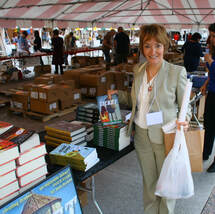
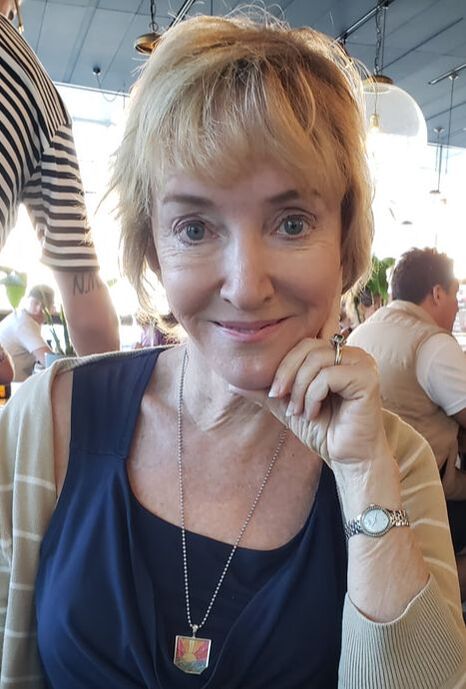
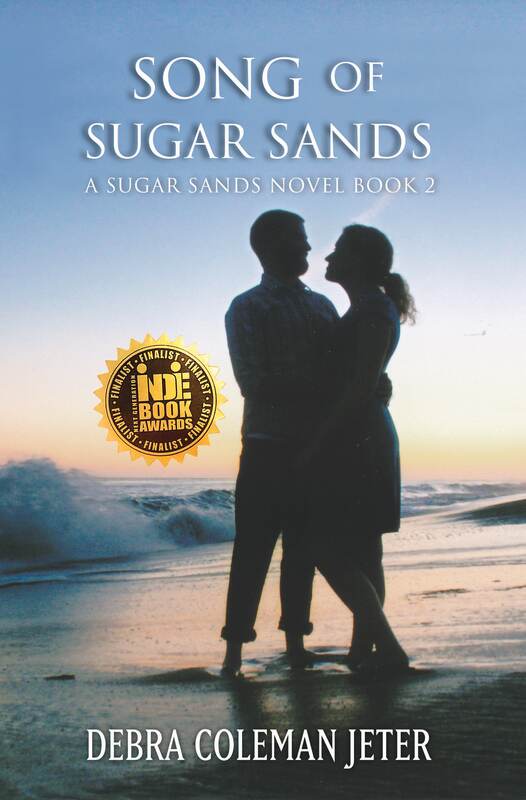
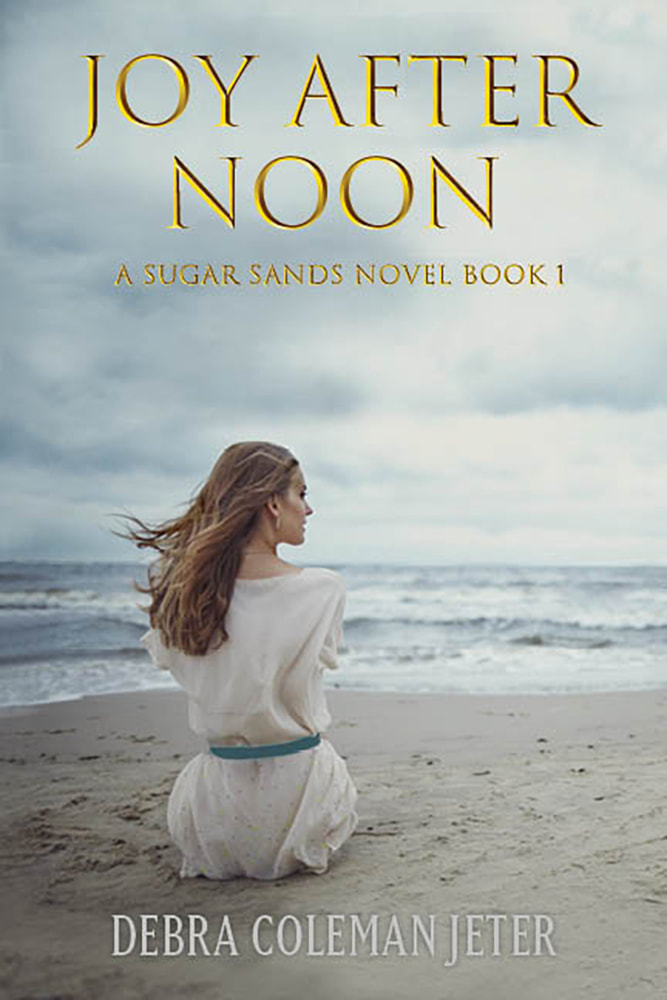

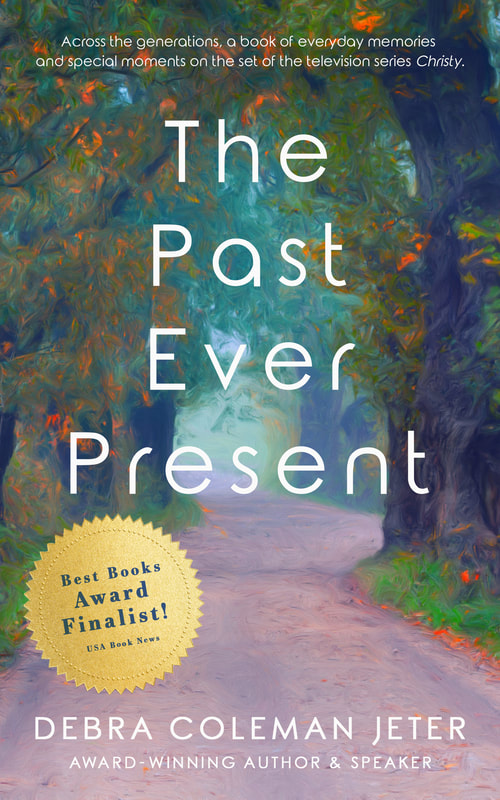
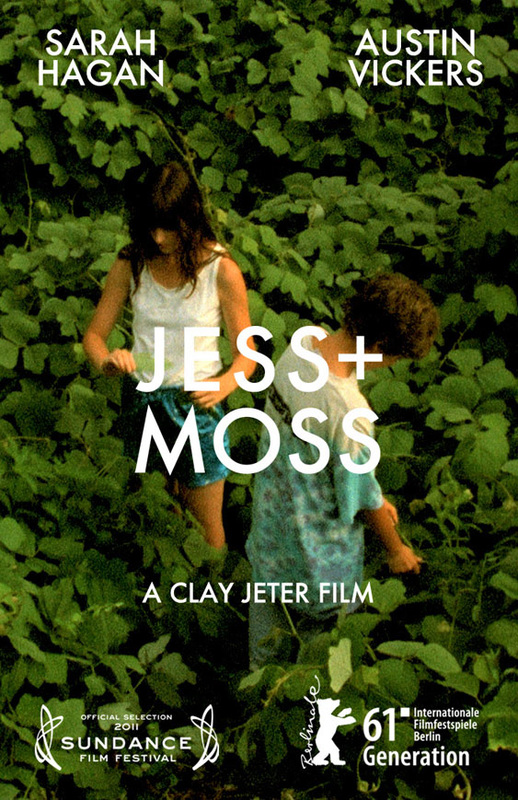
 RSS Feed
RSS Feed